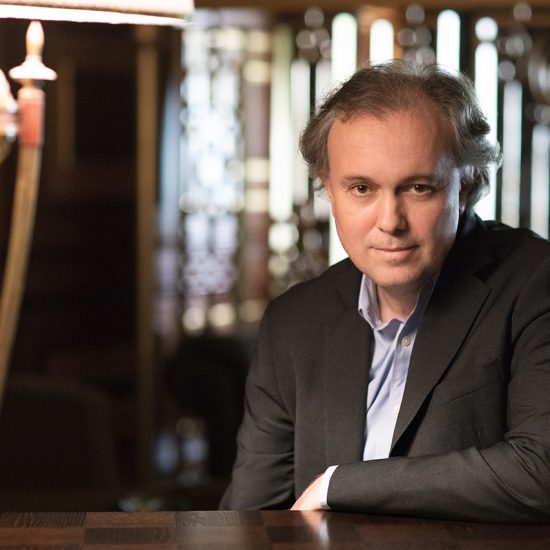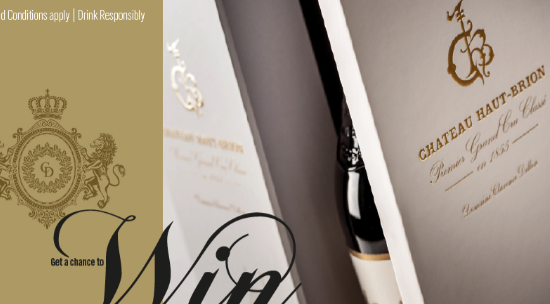
In Cultural Amnesia, Clive James’s A-Z anthology of those responsible for moving and shaking the 20th century, we find in section “H” a sobering essay on a man who needs no introduction – Adolf Hitler – and an enlightening piece on a woman who does.
Ricarda Huch (1864-1947) was a groundbreaking historian, novelist and philosopher. Thomas Mann called her the First Lady of Germany. James introduces her as “the first lady of German humanism in modern times”. Most English readers will have to take their word for it as she remains virtually unknown in the Anglophone world.
Pereine Press has taken a step to remedy that by publishing one of Huch’s novels in English for the first time. The Last Summer first appeared in German in 1910. Interestingly, it doesn’t feature any German characters. Capitalising on the social discontent and political turmoil in pre-revolutionary Russia, Huch follows the dwindling fortunes of a noble, and endangered, St Petersburg family.
The result is a captivating and at times electrifying read, one which expertly evokes the instability and tension of the period and also anticipates and encapsulates the cataclysm that would later engulf the nation.
The book is an epistolary novel, composed of correspondence from one family member or conspirator to another. The set-up is simple yet effective. The governor of St Petersburg has brought a halt to waves of student protest by closing the state university. He beats a retreat with his family to their summer residence and attempts to lie low. However, his wife fears reprisals and so employs Lju, a young, dashing, resourceful bodyguard, to protect her husband. What she doesn’t realise is that Lju is on the side of the students and is plotting an ingenious murder.
Huch assembles a small, tight cast, and through different letters we get to know individuals and see them from various angles. Yegor, the old-guard patriarch, is set in his ways and oblivious to his fate. His wife Lusinya is “an anxious, jumpy soul” who worries on his behalf, not least when she finds a death-threat under her pillow. Their son Velya is a droll, carefree law student, while their two daughters, Jessika and Katya, go from sweet, idle spectators to shrewd and impassioned participants – the first falling in love with her “protector”, the other becoming more outspoken about her father’s autocratic actions: “It’s outrageous that a man can enjoy such power; this fact alone spells doom for our circumstances.”
And yet no one in the family suspects Lju. Huch’s charming and mysterious anti-hero mesmerizes. “Lju is an extraordinary man,” Velya tells his cousin, “soulless, you could even say, if it’s possible to use that word to describe an element that is pure force”. Both guardian angel and enemy within, he plays a crafty double game: building up trust, wielding influence – and waiting for the perfect moment to strike.
The Last Summer – neatly translated by Jamie Bulloch – is ultimately a striking family portrait and a taut psychological drama. The novel acquires depth and heightened intensity when Huch lets cracks appear in that portrait and when doubts about Lju harden into suspicions. He starts sharing his radical worldview; Lusinya catches him “sleepwalking” in her bedroom; and gradually Velya realises his full potential: “If you have the courage to abandon yourself to him completely, you also need the courage to allow yourself to be destroyed.”
Through these crisscrossing commentaries Huch poses big questions about the art of subterfuge and the ethics of killing. These examinations, along with the novel’s background noise of anarchist St Petersburg students up against a corrupt regime, brings to mind a related work, Joseph Conrad’s Under Western Eyes, published one year later in 1911. The main difference is that Conrad’s novel dealt with the fallout of a murder; in Huch’s we are waiting for an assassination to happen.
No attempt was ever made on Huch’s own life – a miracle in that when the Nazis came to power she publically disavowed them, claiming that the “Germanness” they were peddling was not her Germanness. Owing to her age and prestige, she got away with such condemnation, and was permitted to slip away unscathed into internal exile.
Standing up to the Nazis was an achievement. So too was being the first woman to receive the Goethe Prize and to be then elected to the Prussian Academy of Arts. We can begin to appraise her literary achievement, and appreciate her talent, with this remarkable lost-and-found classic.
Malcolm Forbes is a freelance reviewer based in Edinburgh.








